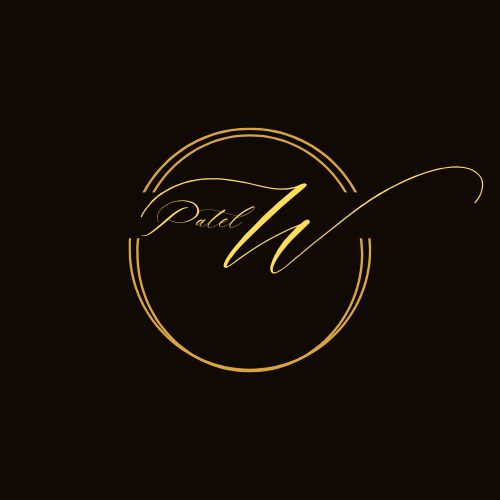The director of national intelligence had previously said Iran was not building nuclear weapons
Tulsi Gabbard says Iran could produce nuclear weapons "within weeks", months after she testified before Congress that the country was not building them.
The US Director of National Intelligence said her March testimony - in which she said Iran had a stock of materials but was not building these weapons - had been taken out of context by "dishonest media".
Her change of position came after Donald Trump said she was "wrong" and that intelligence showed Iran had a "tremendous amount of material" and could have a nuclear weapon "within months".
Iran has always maintained that it has never sought to develop a nuclear weapon and that its nuclear program is entirely peaceful. On Thursday Trump said he was giving Tehran the "maximum" of two weeks to reach a deal on its nuclear activities with Washington. He said he would soon decide whether the US should join Israel's strikes on Iran.
Disagreement has been building within Trump's "America First" movement over whether the US should enter the conflict.
On Saturday morning, Iran's Foreign Minister Abbas Araghchi said his country was "absolutely ready for a negotiated solution" on their nuclear programme but that Iran "cannot go through negotiations with the US when our people are under bombardment".
Live updates
Did Iran have months to make a nuclear bomb? In her post on social media, Gabbard said US intelligence showed Iran is "at the point that it can produce a nuclear weapon within weeks to months".
"President Trump has been clear that can't happen, and I agree," she added.
In March, Gabbard gave a full testimony to Congress, in which she said that US intelligence agencies had concluded that Iran was not making nuclear weapons. She shared a video of that testimony. Experts also determined Iran had not resumed its suspended 2003 nuclear weapons programme, she added in the clip, even as the nation's stockpile of enriched uranium - a component of such weapons - was at an all-time high.
In her testimony, she said Iran's stock was "unprecedented for a state without nuclear weapons".
Earlier this month, the International Atomic Energy Agency (IAEA) - the global nuclear watchdog - expressed concern about Iran's stockpile of enriched uranium, which can be used to make reactor fuel but also nuclear weapons.
Gabbard's March testimony has been previously criticised by Trump, who earlier told reporters he did not "care what she said".
The US president said he believes Iran were "very close to having a weapon" and his country would not allow that to happen.In 2015, Iran agreed a long-term deal on its nuclear programme with a group of world powers after years of tension over the country's alleged efforts to develop a nuclear weapon.
When Israel launched strikes on Iran on June 13, Israeli Prime Minister Benjamin Netanyahu claimed that they targeted "the heart" of Iran's nuclear program. Throughout the year, Iran and the United States had been having discussions about its nuclear program. A second round of talks was scheduled for that day. Netanyahu asserted, "If not stopped, Iran could produce a nuclear weapon in a very short time." Israeli air strikes have destroyed Iranian military facilities and weapons, and killed senior military commanders and nuclear scientists.
Human rights group the Human Rights Activists News Agency put the unofficial death toll at 657 on Friday, while Iran's health ministry reported at least 430 deaths on Saturday. Iran has retaliated with missile and drone strikes against Israel, killing 25 people including one who suffered a heart attack.







0 Comments